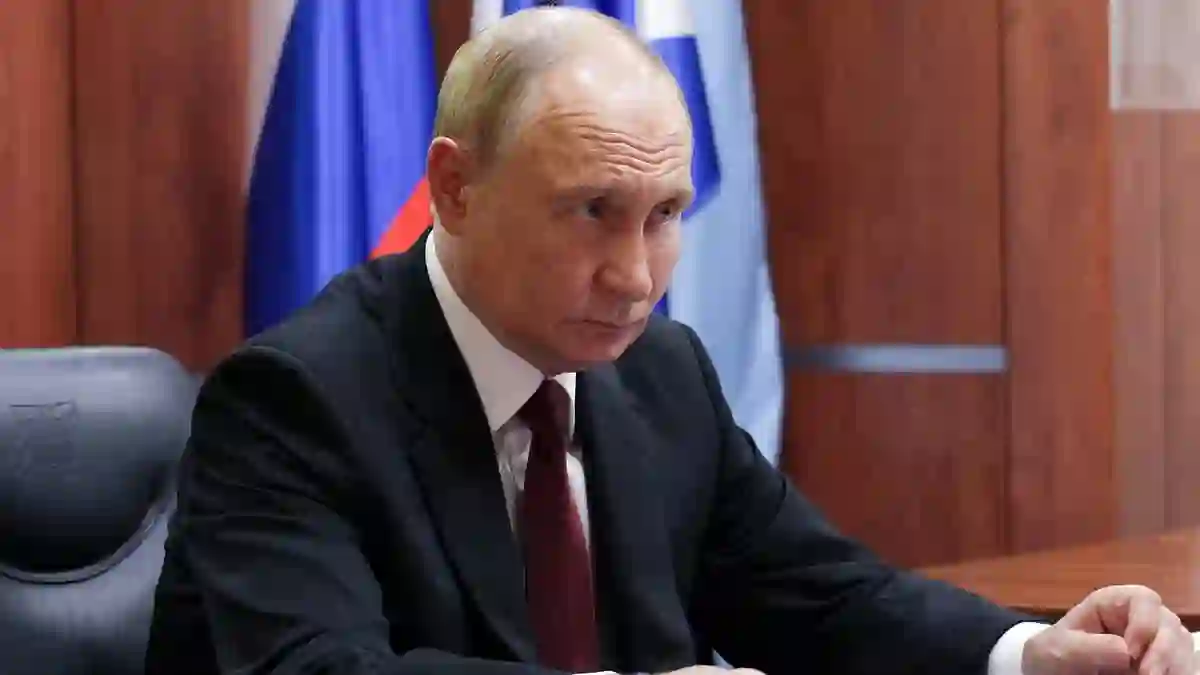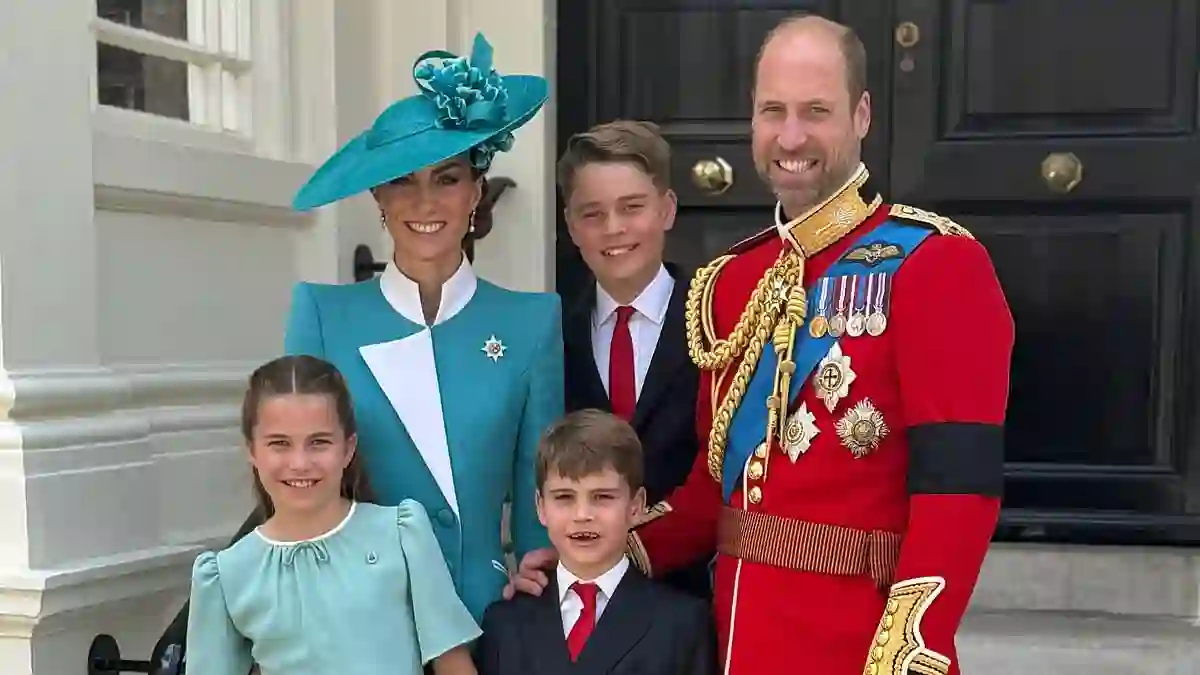More than a million Russian soldiers have been killed or seriously wounded in Ukraine, yet Vladimir Putin’s grip on power remains unshakable.
For the Russian president, peace is not an option.
Any pause in hostilities could leave him exposed to assassination, overthrow, or trial as a war criminal.
Survival, rather than ideology, has always been the driving force behind his invasion of Ukraine in 2022.
Clinging to Power Through Conflict
Putin has long framed the conflict in historical terms, claiming that all of Ukraine—not just Donbas, Donetsk, and Crimea—is part of Russia’s rightful territory.
He portrays his mission as reuniting former Russian lands while keeping Kyiv out of NATO.
But behind the rhetoric, his motives are coldly pragmatic: war is the lever that has allowed him to stay in power for over 25 years.
Niccolò Machiavelli’s writings on dictatorship offer the blueprint Putin follows.
Like the philosopher’s ideal ruler, he is willing to sacrifice millions to protect his own life and maintain authority, putting Russian, Ukrainian, and even European lives at risk.
If not for Ukraine’s fierce resistance, Putin might have turned his military ambitions toward other neighbors, including Poland.
Russia’s Internal Decay
Inside Russia, life has deteriorated steadily under Putin’s rule.
Inflation has surged to 10 percent, the economy has stagnated, and corruption has reached mafia-state proportions.
Putin’s government operates less like a state and more like a criminal enterprise, with wealth and power concentrated in the hands of loyal insiders.
William Browder knows this reality firsthand. Since 2005, he has been targeted by Putin for attempting to protect his asset management firm and prevent the state from seizing $230 million in taxes.
Browder’s lawyer, Sergei Magnitsky, was murdered in a Russian prison for exposing this fraud—a stark example of how lethal Putin’s system can be.
Paranoia and the Threat of Overthrow
Putin’s survival instincts are matched by deep paranoia.
He knows enemies lurk everywhere: from anti-government activists to foreign powers, and even ambitious officials within his inner circle.
When he eventually leaves the Kremlin, Browder argues it will likely be in a coffin. Until then, war remains his safest path forward.
Alaska Summit Shows Putin’s Calculated Diplomacy
Even on the international stage, Putin maneuvers with survival in mind.
During recent peace talks in Alaska, his objectives were clear: avoid financial penalties and reassert himself as a global power-broker.
Donald Trump, boxed in by prior election promises and missteps, had little leverage.
Meanwhile, Zelensky’s public humiliation in Washington earlier this year demonstrated that Putin could continue his campaign in Ukraine largely unchallenged.
Manipulating Global Power and Perception
At the Alaska summit, Putin offered Trump praise and empty pledges of peace, blaming Ukraine’s government for the conflict.
Behind the scenes, he ensured U.S. interests were satisfied enough to prevent economic reprisals, possibly through private deals.
Meanwhile, he projected an image of untouchable authority, flaunting his position as a world leader despite the crimes he has committed.
The Relentless Drive Forward
Browder compares Putin’s approach to a juggernaut climbing a steep hill: he cannot stop, cannot slow down, and must crush anyone in his path to avoid losing control.
The war in Ukraine is both the accelerator and shield for his regime, and he shows no signs of easing off.
For Putin, the message is clear: as long as the conflict continues, he continues to survive.
Peace, accountability, or withdrawal would be far more dangerous than the ongoing slaughter he orchestrates.



